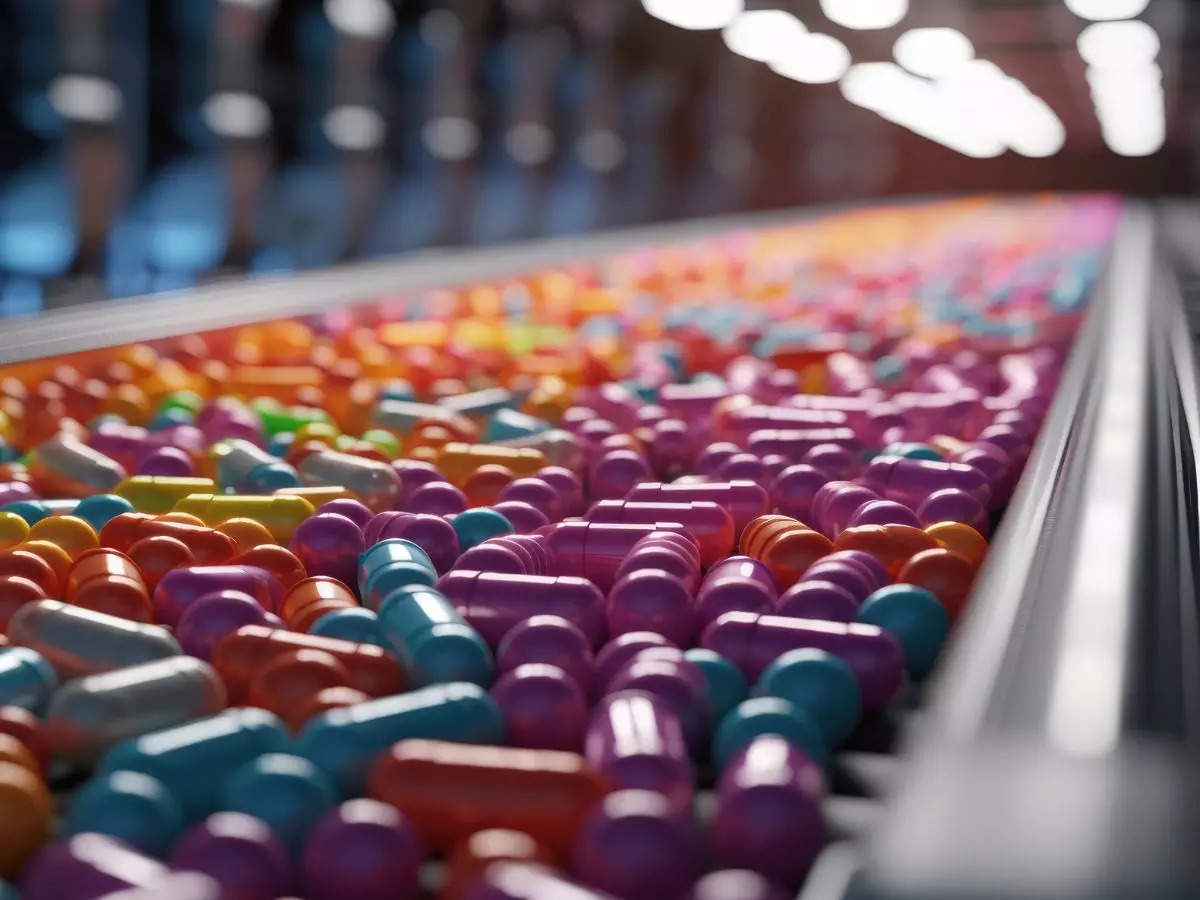[ad_1]
Nearly 2,000 drug plants overdue for FDA checks after COVID delays, AP finds, ET HealthWorld

Washington: Federal regulators responsible for the safety of the US drug supply are still struggling to get back to where they were in 2019, before the COVID-19 pandemic upended factory inspections in the US and across the world, The Associated Press has found. An AP analysis of Food and Drug Administration data shows that agency staffers have not returned to roughly 2,000 pharmaceutical manufacturing firms to conduct surveillance inspections since before the pandemic, raising the risks of contamination and other issues in drugs used by millions of Americans.
The firms that are overdue for safety and quality inspections represent about 42 per cent of the 4,700 plants that are currently registered to produce drugs for the US and previously underwent FDA review before May 2019, the AP found. The plants make hundreds of critical medicines, including antibiotics, blood thinners and cancer therapies.
Under FDA’s own guidelines, factories that haven’t been inspected in five or more years are considered a significant risk and are supposed to be prioritised for “mandatory” inspections.
Most of the overdue plants are in the US, but more than 340 are in India and China, countries that together make up the largest source of drug ingredients used in low-cost US prescriptions.
“Generic drugmakers are under intense pressure to cut their costs and some will do that by cutting quality,” said David Ridley of Duke University, who studies the pharmaceutical industry. “If they’re not inspected, then we won’t know about it until – in a few tragic cases – it’s too late.”
Last year, tainted eyedrops from an Indian factory led to an outbreak of antibiotic-resistant bacteria that sickened more than 80 Americans, killing four of them and blinding more than a dozen others. The plant never registered with the FDA.
Prior to COVID-19, dozens of common medications made at FDA-regulated plants were recalled due to traces of cancer-causing contaminants. The FDA didn’t open its first overseas outposts until 2008, after dozens of US deaths were linked to a contaminated blood thinner imported from a Chinese plant that hadn’t been inspected.
“The US drug supply is the safest on the planet and no other regulator conducts more inspections than the FDA,” said FDA Associate Commissioner Michael Rogers, noting that the agency has increased drug inspections each year since 2021 while prioritising foreign factories.
But last year’s inspection numbers were still down almost 40 per cent from the pre-pandemic period, when the FDA averaged around 4,300 annual inspections. Rogers offered no date for when the backlog of uninspected plants might be cleared.
The agency’s work has been hampered by a wave of staff departures, he said, including longtime inspectors who have found new jobs that often allow them to work from home.
“There’s a significant cost to the agency associated with the loss through attrition of an experienced investigator,” Rogers said. “We need to retain these people, and we are.”
The FDA halted all but the most “mission critical” inspections in March 2020. It gradually restarted prioritized inspections later that year, but regular international visits did not resume until 2022.
In a statement, the FDA said that it receives inspection details from international partners, including European regulators, which help the agency decide whether a visit is necessary. The agency also began using video and other online tools to evaluate plants remotely during COVID-19, although those aren’t equivalent to physical inspections.
The FDA’s struggles overseeing the global pharmaceutical supply have been documented by the Government Accountability Office, which has flagged the area as a “high risk” issue every year since 2009.
Beginning in the 1990s, drugmakers began shifting manufacturing overseas, first to Puerto Rico, and then to Asia in search of cheaper labour and materials. The FDA has largely been playing catch-up ever since.
“We have to recognise that this is the world we live in and we have to adapt to it,” said Dr Stephen Ostroff, FDA’s former chief scientist. “That has to include being able to get into these facilities and take a look at what they’re doing, particularly in India and China.”
[ad_2]
Source link
#drug #plants #overdue #FDA #checks #COVID #delays #finds #HealthWorld



